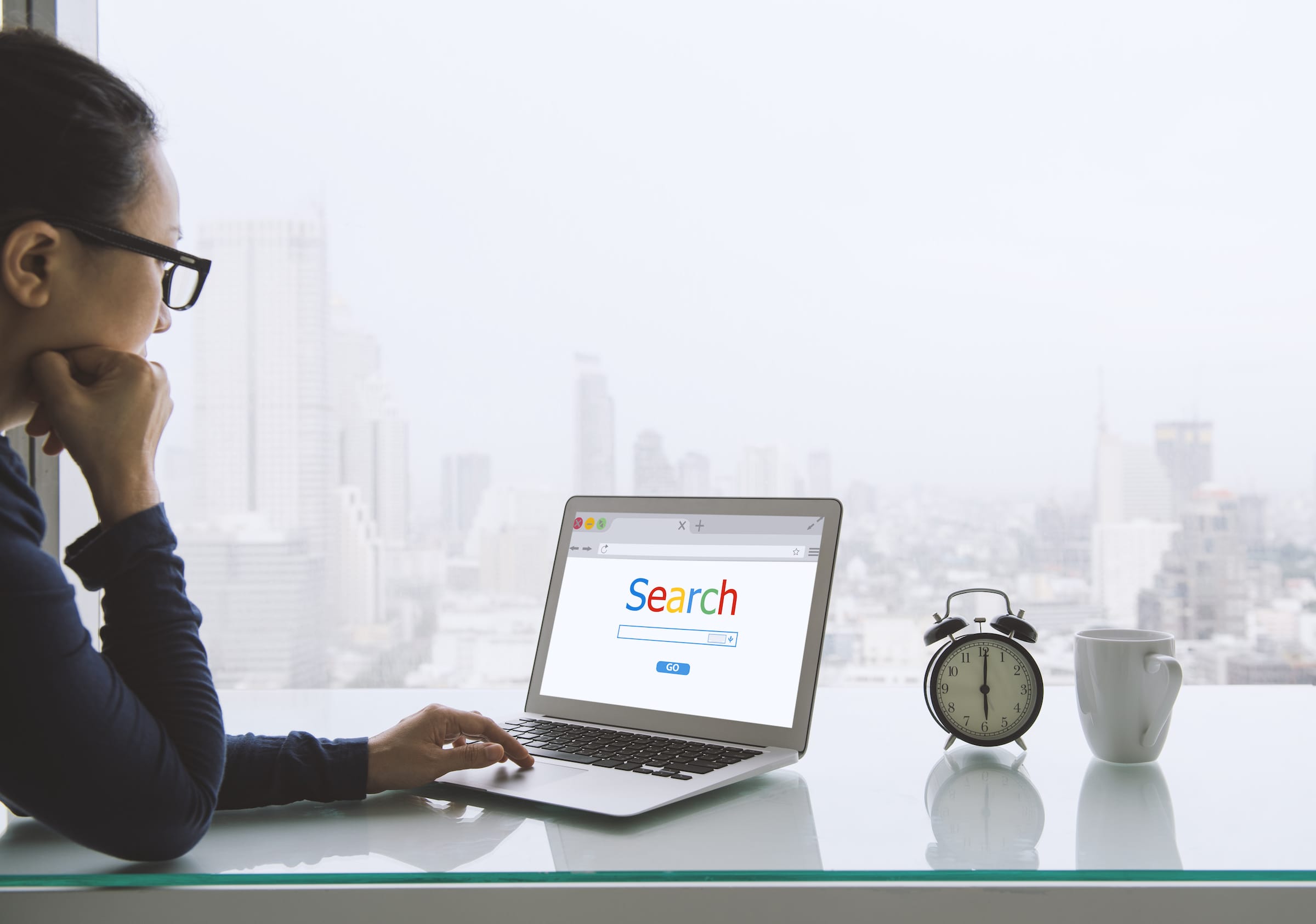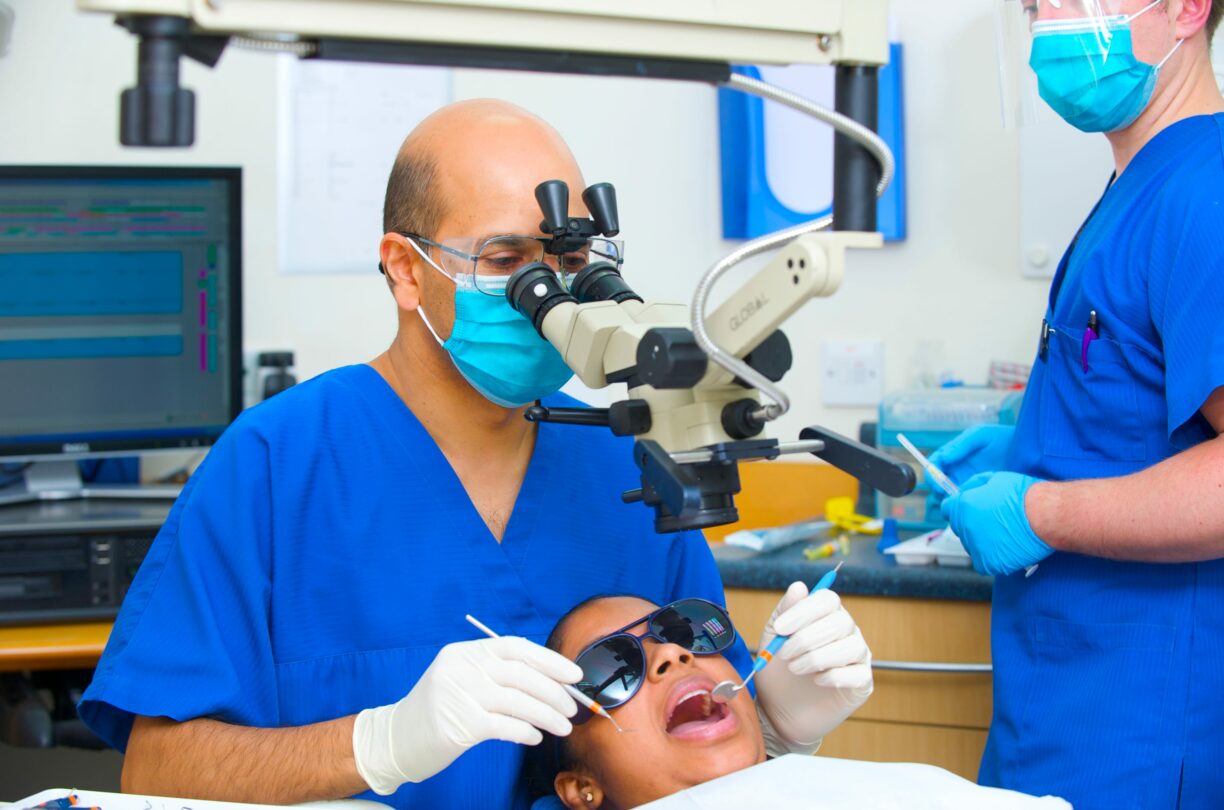Let’s face it: Google has become such a staple in our lives that we’ve turned the company name into a verb.
Popping a quick search into Google about how to nail gluten-free pancakes? No harm there. But hitting up Google in a panic about chest pains? That’s where we might be wading into murky waters.
Did you know that nearly 80% of us use the internet to scratch our medical itches? It’s all good until you start diagnosing serious health issues based on what you find between ads and dubious medical forums.
We chatted with Dr. Niket Sonpal, a top-notch internist and gastroenterologist from New York City, who laid out the skinny on when it’s savvy—or just plain risky—to consult “Dr. Google.”
Here’s the Scoop on Googling Your Symptoms
How Trustworthy is that Health Blog, Really?
Ever wonder about the freshness of the online advice you read? Or if the backing studies come from reputable sources like Johns Hopkins or just some guy in a basement?
Beware of sites more interested in selling you the latest miracle pill than offering solid health advice.
And if you’re cross-checking facts, make sure the sites corroborate each other and cite actual experts.
The Fast Track to Anxiety
Search any symptom and watch your screen fill with the worst-case scenarios—from surgeries to the big C.
For people already nervous about health, reading these “diagnoses” can send stress levels through the roof.
Welcome to the age of cyberchondria, where more people are turning to their browsers for peace of mind rather than professional health advice, fueling obsessive health searches that can disrupt daily life.
Steer Clear of Online Forums
Dishing your health fears on forums can lead you down rabbit holes of misdiagnosis and fear. Dr Sonpal has seen it all: from folks being swayed against beneficial meds like Prozac to receiving downright dangerous advice. Remember, these forums aren’t usually checked by doctors.
The Double-Edged Sword of Self-Diagnosis
Picture this: you wake up covered in bumps and Google tells you it’s just heat rash, so you shrug it off.
But what if it’s something more serious, like adult chickenpox? On the flip side, there’s the danger of making mountains out of molehills—thinking a bout of gas might be a heart attack.
Google is Not Your Doctor
During a crisis—like if a baby stops breathing—the last thing you should do is waste precious seconds on a search engine.
This is the time for the emergency services, not Google. And remember, unlike your doctor, Google doesn’t know your personal health history, which matters a lot when you’re seeking safe, accurate health advice.
When Google Can Actually Help
Dr Sonpal suggests sticking to simple stuff when consulting Google. Familiar with a symptom or condition and just need a quick refresher? Trusted sites can offer helpful reminders on how to handle everyday health hiccups like sunburns, splinters, or minor cuts.
Wrap-Up
Google is undeniably a fountain of information, but it’s crucial to know when to dip into it and when to seek out a real-life doc.
Use it wisely to supplement your knowledge, not substitute for professional care—because when it comes to health, the right information at the right time can make all the difference.





